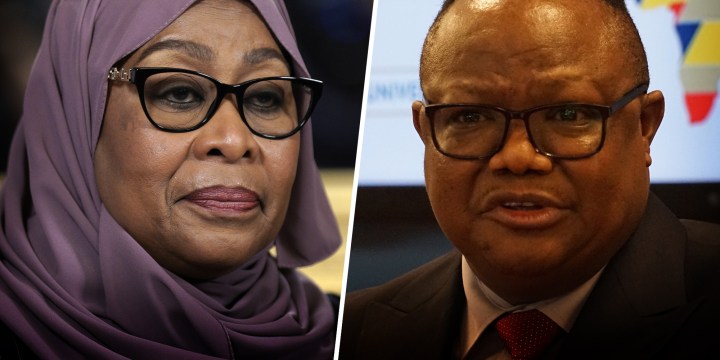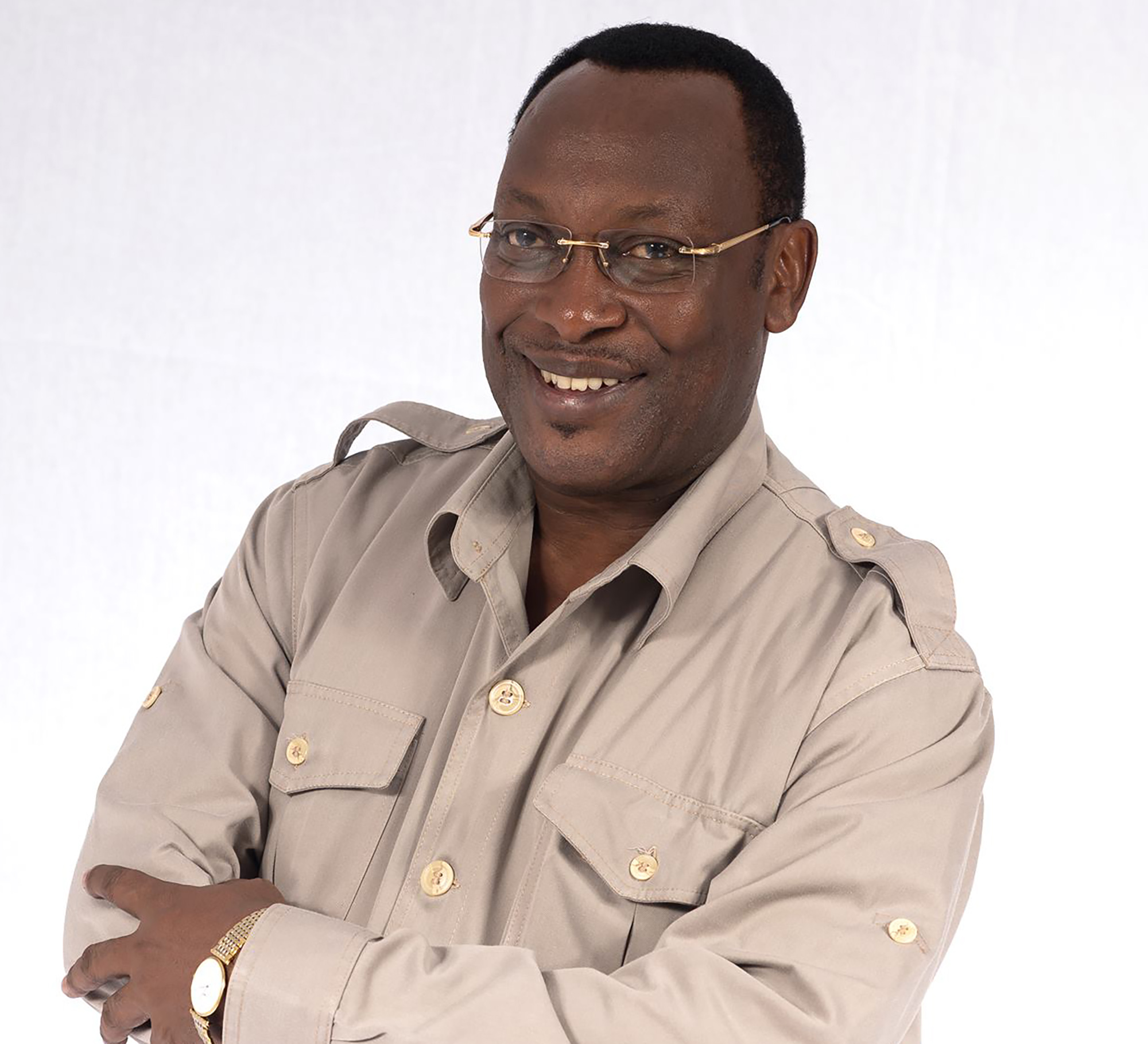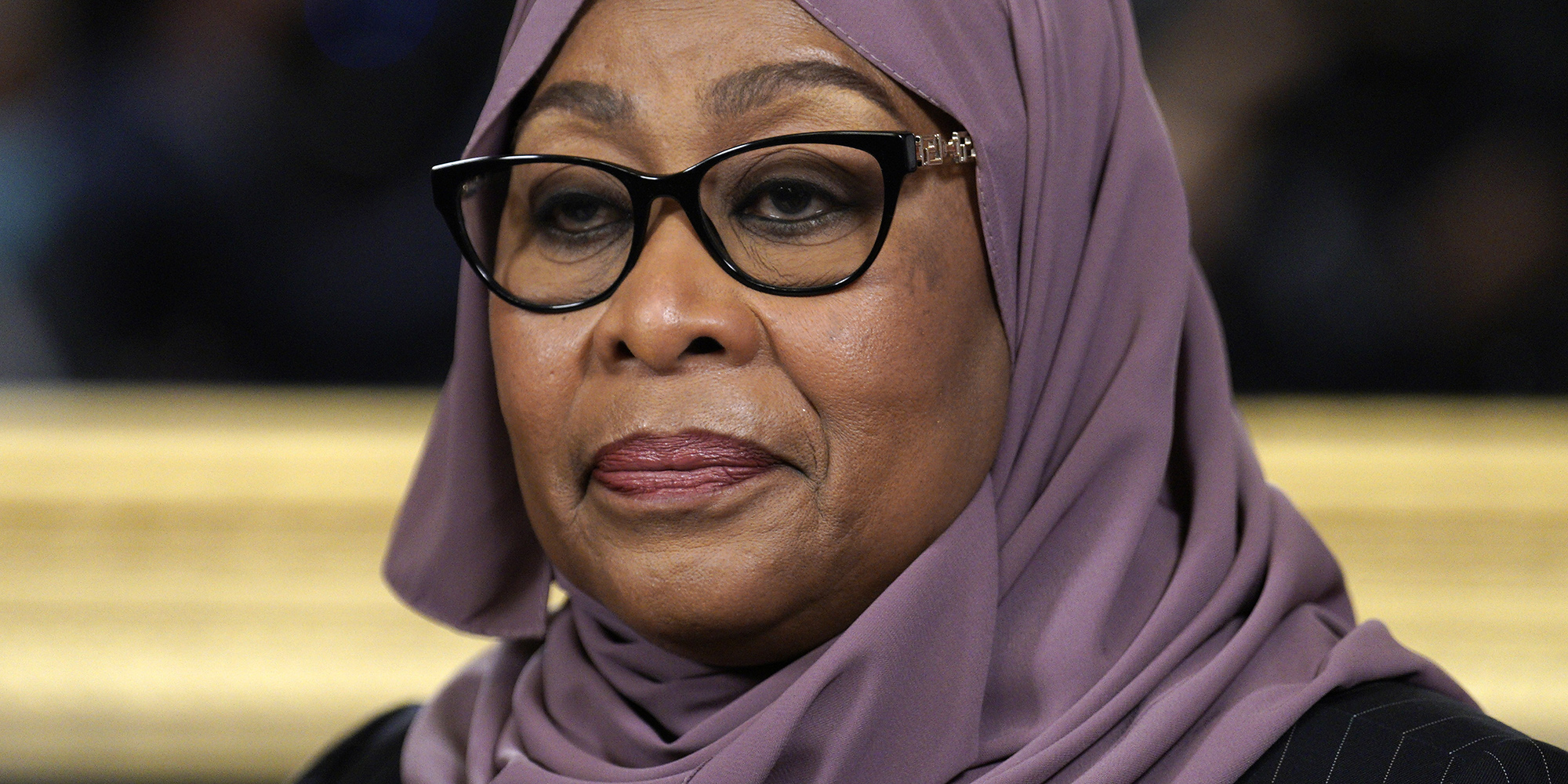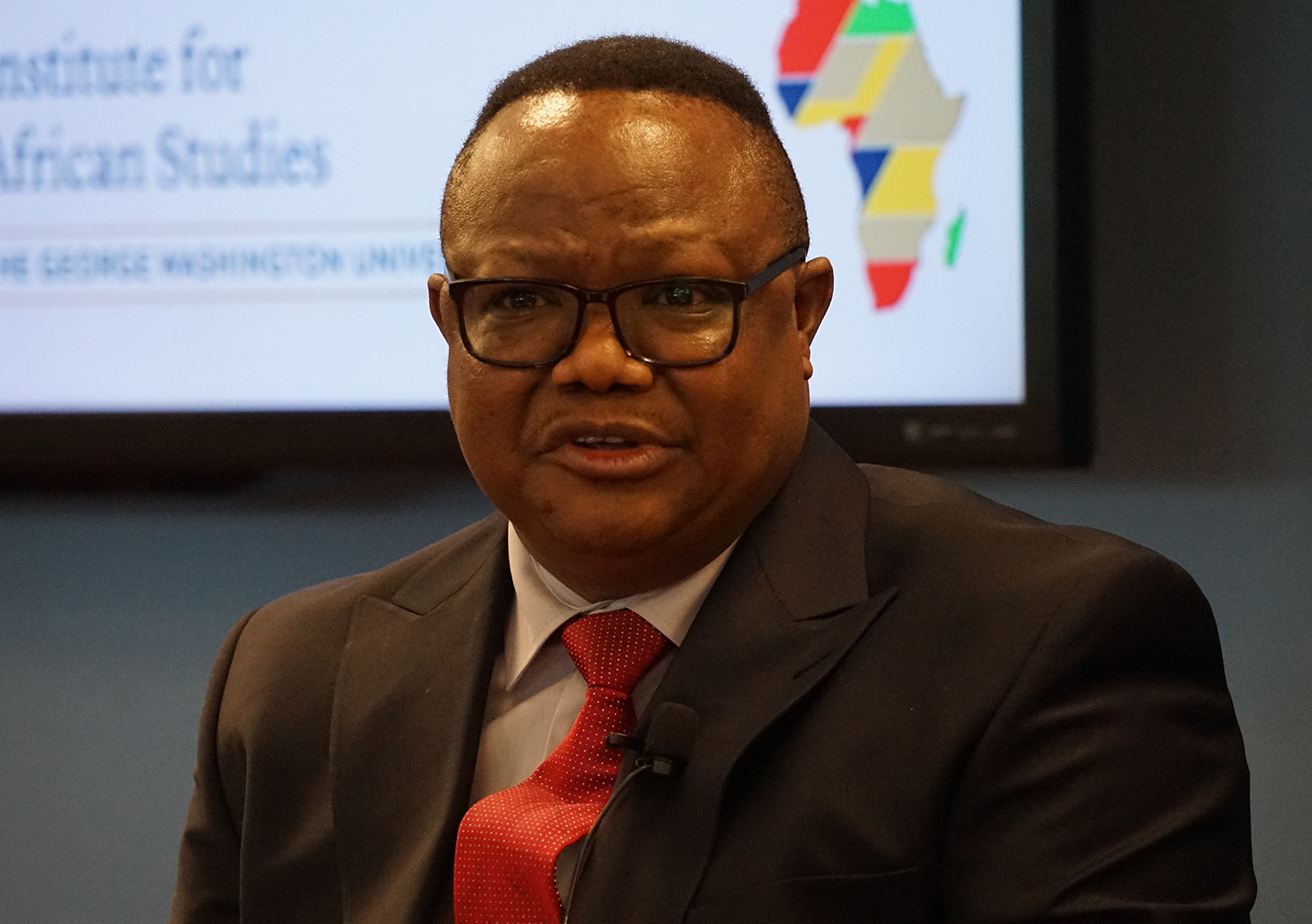ANALYSIS
Tanzanian Spring? First female president takes country back on the road to democracy

It is a measure of how rapidly Tanzania is changing that President Samia Suluhu Hassan celebrated International Women’s Day last week as guest of honour of the opposition Chadema party at an event in Kilimanjaro, the stronghold of Chadema chairman, Freeman Mbowe.
Only a year earlier, Freeman Mbowe was released from detention after being held for seven months on spurious terrorism charges.
Even more staggering is the endorsement of Samia’s reforms by Tundu Lissu, Chadema’s 2020 presidential candidate and probably the most outspoken critic of Chama Cha Mapinduzi (CCM), the ruling party in Tanzania for the past 61 years.
“I am almost pinching myself,” Lissu told Daily Maverick this week. “I believe that we are going to pave the way forward for a new Tanzania.”

Chadema chairman Freeman Mbowe. (Photo: Facebook)
Lissu recently returned to Tanzania for the first time since his failed attempt to beat President John Pombe Magufuli in his den in the 2020 election – which ended when he was forced back into exile.
On his return to Tanzania on 25 January this year, Lissu could not believe his eyes.
Samia has moved with speed in recent months to open up the political space and opposition parties have been holding public rallies across the country.
Visit Daily Maverick’s home page for more news, analysis and investigations
“All those years when we held political rallies, even during the good old days of Benjamin Mkapa and Jakaya Kikwete, the police would come to our meetings armed to the teeth,” said Lissu.
“Now not only do police arrive without visible weapons, but they are there to give us protection.”
Lissu also found something he had never experienced before: “I was covered by national television, by the mainstream media outlets that have always avoided me like the plague.”

President Samia Suluhu Hassan of Tanzania. (Photo: EPA-EFE / Yuri Gripas / Pool)
Lissu is under no illusions about the pitfalls that lie ahead, and the fact that there are still diehards who will try to obstruct change. But actions speak louder than words and he credits President Samia with starting to purge the system and the government of hardliners.
She recently removed police chief Simon Sirro and the head of intelligence, Diwani Athuman, regarded as the enforcers-in-chief of the Magufuli regime. Athuman was sacked while Sirro was bowler-hatted and made an ambassador.
The CCM’s new central committee is “almost unrecognisable” from that which served under Magafuli, said Lissu. “Many of the CCM power brokers are gone. That’s incredible.”
Now the government has invited the opposition to discuss a new political dispensation. Lissu believes the Tanzanian Spring has truly arrived.
Fate takes a surprising turn
There was always something personal in the clash between Lissu the “troublemaker” and Magufuli, the “bulldozer”.
Lissu was gunned down by an AK47-wielding assassin on 7 September 2017 outside his parliamentary residence in Dodoma. His shattered body, with 16 bullet holes, was airlifted first to Nairobi and then to Belgium where he underwent years of surgery and rehabilitation.
The culprits have never been found. The shooting happened hours after Magufuli told the nation that “those who betray the country and oppose the struggle… don’t deserve to survive”.
Lissu’s offence was to speak out against the disappearances, abductions and torture of government critics and journalists; extrajudicial killings of opponents by the ruling party, and the use of paramilitary security forces against a civilian population trying to exercise democratic rights.
His return to contest the 2020 election ended with rigging and security force violence inflicted on the opposition. Lissu, fearing for his life, sought refuge at the German ambassador’s residence before returning to exile in Belgium.
Fate then took another turn. Magufuli, having been in total denial of the Covid pandemic, believing it had been eradicated through prayer, succumbed to the coronavirus, which carried off many other eminent Tanzanians.
As Magufuli’s successor, vice-president Samia was not a dyed-in-the-wool party hardliner. Coming from Zanzibar, she had been included on the ticket with Magufuli to balance the two mismatched entities that constitute the Union of Tanzania. But no one realistically expected she would ever be president.
And, certainly, no one expected her, in her quiet and low-key manner, to alter the direction of the entire country.
Now comes the hard part
Lissu is under no illusion that there is an enormous task ahead to deal with what he sees as the legacy of 60 years of authoritarian rule: “We have not even begun. What remains is massive… absolutely massive.”
He pointed to the fact that the current police chief and his deputy were directly involved in the worst of the Magufuli atrocities. Camilius Wambura, then police intelligence chief for Dar es Salaam, was complicit in the paramilitary police terror that saw hundreds of villagers killed or disappeared south of Dar es Salaam between 2016 and 2018.
His deputy, Ramadhani Kingai, was directly involved in the persecution of opposition leaders and activists, Mbowe and Lissu included.
“That they’ve been promoted rather than sacked is a chilling reminder that we’re not out of the woods yet.”
What gives him hope is the setting up of a bilateral dialogue between teams from Chadema, the leading opposition party led by Mbowe, and the CCM, whose lead negotiator is the vice-chairman of the party, Abdulrahman Kinana.
“We are discussing the kind of things that we have never discussed between ourselves and CCM, not since the introduction of multiparty politics three decades ago.”
Kinana is a political insider who, as general secretary of the CCM, fell foul of Magufuli. He was put under house arrest and his assets were seized. Lissu sees him as a serious person they can do business with.
Electoral reform
On the top of Chadema’s list up for discussion is the reform of the electoral system which he says is irrevocably broken:
“We simply cannot go to the next elections (due in 2025) without reform.”
The big challenge is how to bring back a constitutional reform process.
“Our system of government as a whole needs to be overhauled,” said Lissu. “We need to end the imperial presidency – the shadow of the president looms so large in every aspect of public life. That has to be dealt with.
“Then there are the security services and the criminal justice system. Our security forces have run amok for far too long.”
The Zanzibar question
And then the big one: the question of the “union” – shorthand for the status of Zanzibar. It has long been acknowledged to be an imperfect union cobbled together in a hurry in 1964 and in need of reform ever since.
A decade ago, a commission under former Prime Minister Joseph Warioba consulted broadly with the citizenry and recommended a three-tier government, which would have meant greater autonomy for Zanzibar. But the recommendations were never adopted and the status of reform has remained in limbo.
Chadema has drawn up a set of detailed proposals and Lissu is talking about a timeline of about a year and a half to get the reforms done. He wants the proposal to set up a constitution-making process sent to parliament as soon as next month.
Lissu believes they could have everything in place constitutionally by November 2024. “If there is goodwill on both sides, I think we will have something worthwhile before the next election.”
This is regarded as too optimistic a timeline by other groups.
One of the senior leaders of the Alliance for Change and Transparency (ACT-Wazalendo) – which is headed by Zitto Kabwe and includes a major portion of support within Zanzibar itself – cautioned that substantive moves towards a new constitution would not take place until after the 2025 elections.
ACT-Wazalendo is part of a presidential task force which includes other opposition parties and civil society groups, but which Lissu criticised for recommending cosmetic reforms.
Lissu said Tanzanians want to see more rapid change, especially with the current economic pain that many people are experiencing.
“People are growing militant in their demands. They are accusing us of becoming too soft.”
President Samia will have to manage expectations and maintain the spirit of goodwill in the country while starting the legal process of creating the new Tanzania.
Speaking at the International Women’s Day meeting last week, she attributed the wisdom required for the balancing act that lies ahead to her gender.
“The opposition is lucky that it is a woman president in charge because if a misunderstanding occurs, I will stand for peace and make the men settle their egos,” she said to tumultuous applause from opposition supporters. DM
















 Become an Insider
Become an Insider
Comments - Please login in order to comment.